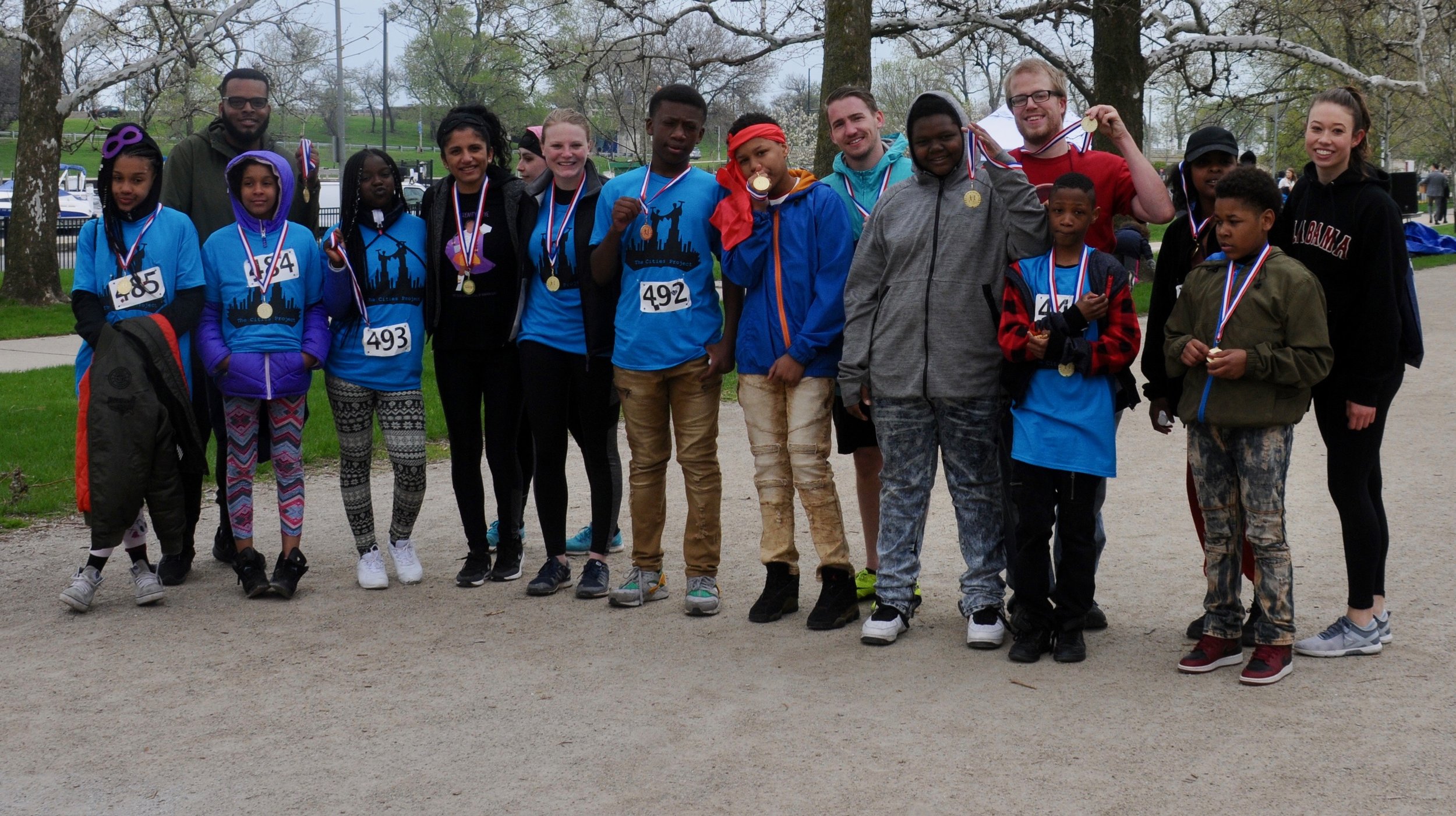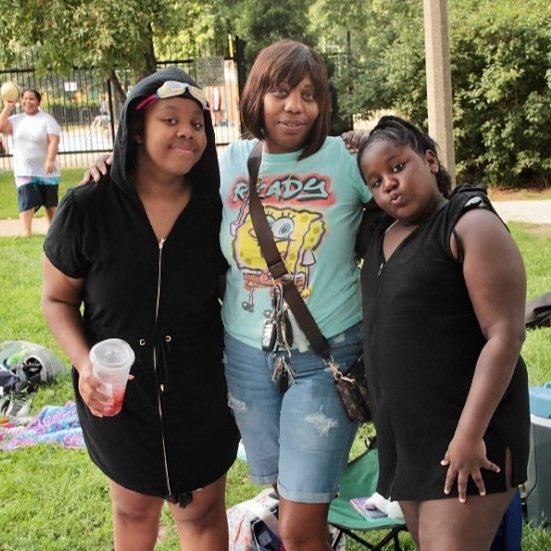Explore The Cities Projects
The Cities Mentor Project
The Mother-Daughter Project
The Stress and Learning Project
Basic Research Projects
Since 1996, members of the Cities Project team have been engaged in research designed to answer 12 questions about stress:
What types of stressful life experiences do young people face?
How can we best measure and conceptualize those stressful life experiences?
Which types and what magnitude of stress exposure are associated with positive and negative health and learning outcomes for most children?
Are there risk cut-points above which stress exposure typically leads to negative outcomes?
Are there competence cut-points below which insufficient stress or challenge is present to promote learning and adaptive coping?
Are there types of stress exposure that promote positive outcomes in some domains but negative outcomes in others?
Do specific types of stressors predict specific types of outcomes?
What biological, cognitive, and emotional processes mediate the relationship between stressful experiences and health and learning outcomes?
What strengthens or weakens those relationships?
What promotes growth despite high rates of stress exposure?
Can severity or type of stressful life experience change the way children express psychological distress?
How do stressors and protective factors influence each other over time and across development?
Studies examining these questions have been funded by grants from the William T. Grant Foundation, the National Alliance for Research on Schizophrenia and Depression, the National Institute on Alcohol Abuse and Alcoholism, and the National Institute of Mental Health. Papers summarizing study findings to date can be found here.
Intervention Development Projects
We are using the results of our basic research studies to guide the development of two prevention programs. Our findings suggest that individually-based coping strategies (e.g., actively doing something to try to change the problem) are not effective for urban youth exposed to severe and chronic stress, unless youth are supported by adults and connected to protective settings (e.g., positive community organizations). For this reason, the interventions we are developing not only teach research-based strategies for managing stress but also connect youth with supportive adults and protective settings.
Across All Project Directors
Kathryn grant
Our Founder
Rachel Chu
Lab Manager
Halle Baldwin
Financial Manager
Rushita Soni
Director of Communications




![Kathryn+Grant+3.3.23[99].jpg](https://images.squarespace-cdn.com/content/v1/5b672f7dfcf7fd7d0c66eb28/1708377407148-C9YYZHFZJT3SLM9OOLKZ/Kathryn%2BGrant%2B3.3.23%5B99%5D.jpg)


